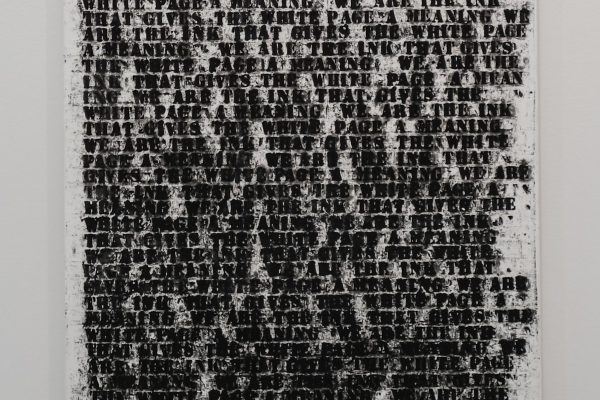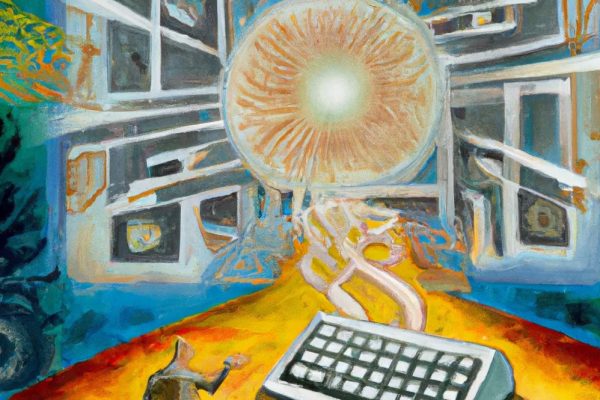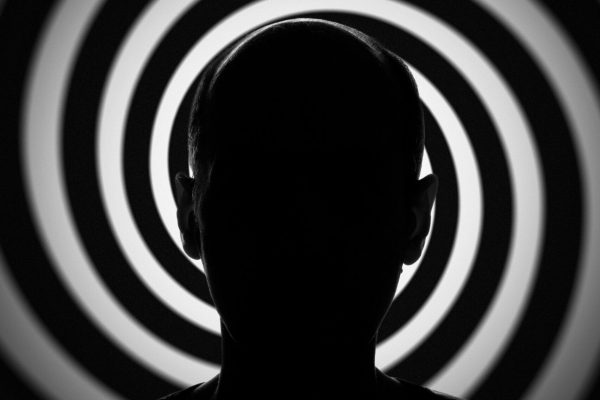Paul Bloom would have us do away with empathy. His reasons are several: it is a poor guide to action; it is biased; and it leads to all manner of bad outcomes including empathic distress, anxiety, depression, and burnout. If he is right, then by all means, nip it in the bud.
Once one adopts Bloom’s characterization of empathy, the consequences he enumerates are probably inevitable and certainly worrisome. He makes a reasoned and fair-minded case. To be empathic, according to Bloom, is to put “yourself in her shoes” and “feel her pain,” and the results can be undesirable.
There is, however, a subtle distinction that goes missing—namely, the difference between sharing a person’s metaphorical shoes and sharing his or her feelings. Although they are related, experiencing what a person feels is not the same as imagining being in her situation, which researchers call perspective taking. For Bloom, feeling another’s pain gets all the attention.
Bloom acknowledges that feeling another’s pain and grasping his or her situation are different psychological, and even neural, processes. But when he considers the painless kind of empathy—what “other people are thinking, their motivations, plans, what they believe”—he dismisses it as other than real empathy. He calls it “coldblooded.” It is the warm-blooded, feeling-someone’s-pain kind that concerns him.
If Bloom, however, were to see empathy as encompassing both feeling and perspective taking then there would be reason to preserve and promote it rather than give up on it. Sharing a person’s pain is all about emotion; walking in his shoes allows for the possibility of understanding his circumstances.
What do psychologists know about taking a person’s circumstances into account? Consider a well-established social psychological finding: the actor-observer effect. When people (called actors) are asked to explain their own behavior, they tend to look outside themselves and point to the influence of external factors: “I bought this house because it has all the best features—open-floor plan, a great office, a bar . . .” When an observer is asked to explain my behavior, she is likely to zero in on my personality or motivation: “She chose that house because she is a workaholic at heart and still likes to socialize.”
There is more, however, to the actor-observer effect than acknowledging that an action can be interpreted in multiple ways. Social psychologists see bias not, as one might think, with the actor’s perspective, but rather with the observer’s perspective. Why? Because observers tend to discount the situational influences that actually affect choices and outcomes. We often attribute another person’s action to her inner dispositions, when crucial situational factors were really at work.
Observer myopia can be corrected; all it takes is a formulation of empathy that incorporates perspective as well as feeling. Some years ago, researchers Denis Regan and Judith Totten had female undergraduates watch a videotape of a get-acquainted conversation between two women with instructions either to observe one of the participants or to empathize with her. For example, empathic observers were told “to concentrate on the way she feels while conversing” and directed, “In your mind’s eye you are to visualize how it feels to [the study participant] to be in this conversation” (emphasis added). Empathy worked wonders to correct the attribution error. When observers considered the perspective of the target as well as what she was feeling, they were significantly more likely to make situational attributions and less likely to make personality attributions for her behavior than were standard observers who were not instructed to be empathic.
It is hard to argue with Bloom’s contention that empathic distress is destructive. But real empathy is not only about shared pain. It is also about understanding a person’s circumstances—an understanding that might help us assuage others’ distress as well as our own. Joseph Lelyveld, former editor of the New York Times, captured this axiom while he was working as a reporter; it is an insight about empathy that, if adopted, would make us the “better people” Bloom envisions: “Every person is an expert on the circumstances of his life.”








